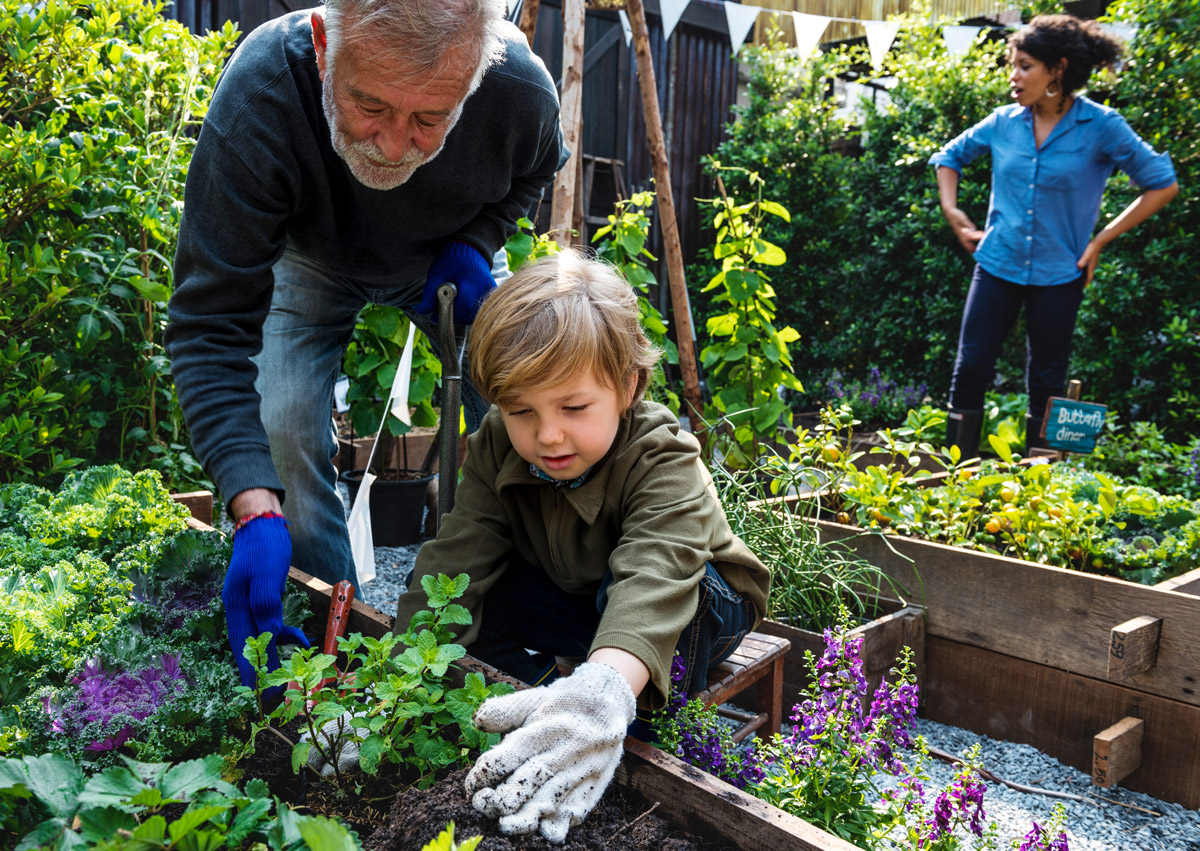Are you a grandparent of a child with a brain tumour?
 You may have just found out that your grandchild has been diagnosed with a brain tumour. As a grandparent, you will feel overwhelmed with a roller coaster of emotions. You will be worried not only about your grandchild with a brain tumour but also about your son or daughter and other grandchildren.
You may have just found out that your grandchild has been diagnosed with a brain tumour. As a grandparent, you will feel overwhelmed with a roller coaster of emotions. You will be worried not only about your grandchild with a brain tumour but also about your son or daughter and other grandchildren.
You may have been the first person the parents contacted, but sometimes your child may not immediately tell you, because they want to protect you and not burden you with it. From our experience, we know that people need time to process information before they feel able to share news. We know too that a child’s brain tumour diagnosis impacts the whole family. Sadness, anger, denial and fear of the future are all common emotions.
If you live nearby
Often parents have been at the hospital for a while, so ask whether they would like you to visit and whether they need anything from home. You could offer to stay with your grandchild so parents can freshen up. Your presence can be comforting for a grandchild. Children deal with being in hospital differently, depending on their age. Listen to them, and you may have to reassure them. Often all they need is a lovely warm hug from you. Some young children will turn to games. Join them and play.
You may have played an active role in your grandchildren’s life prior to a brain tumour diagnosis, by providing emotional and practical support. Naturally, you will want to give all your attention and love to your poorly grandchild, but your other grandchildren will also need you. Care of other grandchildren is a vital role, as siblings may also be struggling with emotions. You could guide them through these feelings and support them, especially when their parents are staying at the hospital. Try to continue with their daily routine and activities. This will help to maintain normality. You may want to do more, but your offers to help may be denied. Don’t be saddened by this, because sometimes parents are also struggling to find their feet and be strong.
If you live far away
If you do not live close to your family, it can be very difficult for you. You may not be close geographically, but you can still be an emotional pillar for your family. Keep your phone close to you, and check in with them regularly. If you are tech-savvy, use Skype or FaceTime to video call your family. Don’t wait for them to call you. Texting and sending private messages on social media are other ways of staying close. Be a core person for extended family and friends to contact to reduce the calls to your son or daughter. Reach out to your other grandchildren. Call them often to see how they are getting on. You can post presents to all your grandchildren to share affection. If you have the financial means, you could offer to support your child and their partner, as they may be out of work. Often, just listening to your child’s worries will provide them with a safe space to express their feelings.
Take care of yourself
Supporting your family during a cancer diagnosis may be your main priority. However, don’t forget to keep on top of your own health. The last thing the family needs is for you to be run-down. Maintaining a healthy body and mind will benefit all of you, so take care of yourself. Unfortunately, treatment for a brain tumour can extend from months to over a year. Therefore, be realistic about what you can offer to help with for a long-term period. Know where your sanctuary is, and use it often; it doesn’t need to be anything flashy or expensive. It could be a walk in the sun, an hour with a good book, a visit to a friend who can be there for you. Know who is in your team too.
Support comes in many forms. Some people find themselves turning to faith; others join support groups. Do what best helps you. Go for a meal with some friends. You will be surprised by how many people are willing to help. If you are still working, talk to your employer, and they will be more understanding if you have to take time off unexpectedly. Your grandchild will have other grandparents or even step-grandparents, who will equally want to help. It would be useful to keep communication flowing between all of you, so you can work together as a strong family unit.
We know it is difficult to think about the future, but stay optimistic and be hopeful. As a grandparent, you may see the treatment process differently, as you may not be immediately involved. Having a clear head will allow you to take a step back and identify what your family needs.
With the wealth of experience you have as a grandparent, you may want to sit in on consultations with doctors. However, only parents make clinical decisions about their child with doctors, so do not be disheartened if you do not feel involved in the decision-making process. Read through our patient guides. They will answer many questions that you may have. Try not to question decisions made by your son or daughter, and respect boundaries.
At brainstrust, we support the whole family impacted by a childhood brain tumour diagnosis. We offer a 24/7 helpline, Meetups and counselling referrals if needed. You are not alone in this. We are here to help you.





